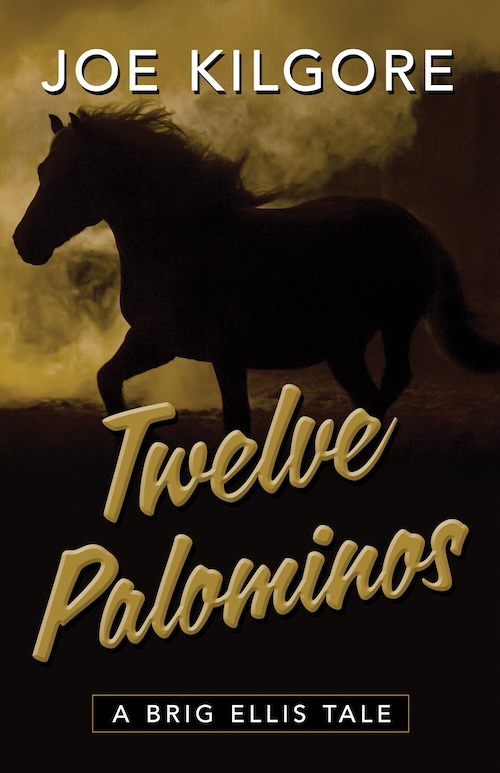Another Place, Another Time
Wednesday, March 31st, 2010Before the international acclaim of both the book and the movie, The English Patient, Michael Ondaatje wrote a novel entitled In The Skin of a Lion. It has the feel of a sprawling epic like E. L. Doctorow’s Ragtime. It may have been a predecessor (unintended of course) of Michael Chabon’s The Amazing Adventures of Kavalier and Clay. It is the kind of book that appeals to both persnickety critics and enthusiastic readers. In The Skin of a Lion is a big story told in an intimate way. Which is often the best way to tell any story.
Set in Canada (mostly in Toronto) in the early part of the 20th Century, the novel steeps you in the teeming world of European immigrants who have come to what the author often refers to as upper America. Here, they work as loggers, laborers, miners, builders of bridges and dams and vast municipal buildings. They toil as butchers, bakers, tanners, and slaughterhouse killers of beef. They do the jobs that build countries, continents, and fortunes. Yet they partake in none of the spoils, and are often buried beneath the work that they do.
Patrick is the farm boy around whom Ondaatje’s story evolves. As a youth, he helps his father dynamite logs that jam up river traffic. He watches the Finnish loggers spend their little free time in the evening skating on frozen lakes with lanterns to light their way. Human lightening bugs who seem to float effortlessly over the cold, slick ice. After the death of his father, Patrick travels to the city and is immeshed in the immigrants’ strongholds. Neighborhoods where luckless country boys can afford to find work among newcomers who speak little if any English. Ghettos where women are as free with their love as men are with their friendship.
Patrick’s coming of age, and his growth as a man, involves him with a myriad of fascinating characters. An actress who’s as etherial as her passion. An empire builder who goes to spectacular lengths to achieve anonymity. A heroic high-wire construction worker on his way to becoming a baker. A mother, and lover, who’s most at home as an anarchist. And a thief, Caravaggio, who helps Patrick in his attempt to avenge all mankind, as well as the woman he loved. The character of Caravaggio will surface once again in Ondaatje’s The English Patient.
The author’s method of storytelling is a constant interweaving of past, present, and future. We find out what will happen to characters before it happens to them. Later we find out how and why it happened. His prose is not constricted by the formalities of linear events. And there is a great deal of poetry among his many shadings of words and sentences and phrases that linger past the turning of a page.
If you enjoy entering another time and place and world, travel to Toronto in the early 1900’s for a tour of people and places and events you are not likely to forget. The Fiction Fortune Hunter did. And he’s all the better for it.
